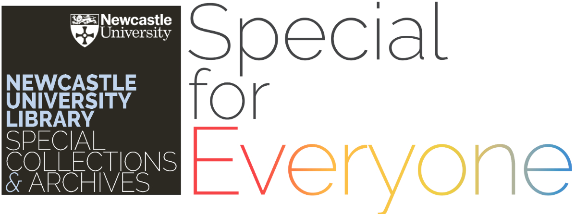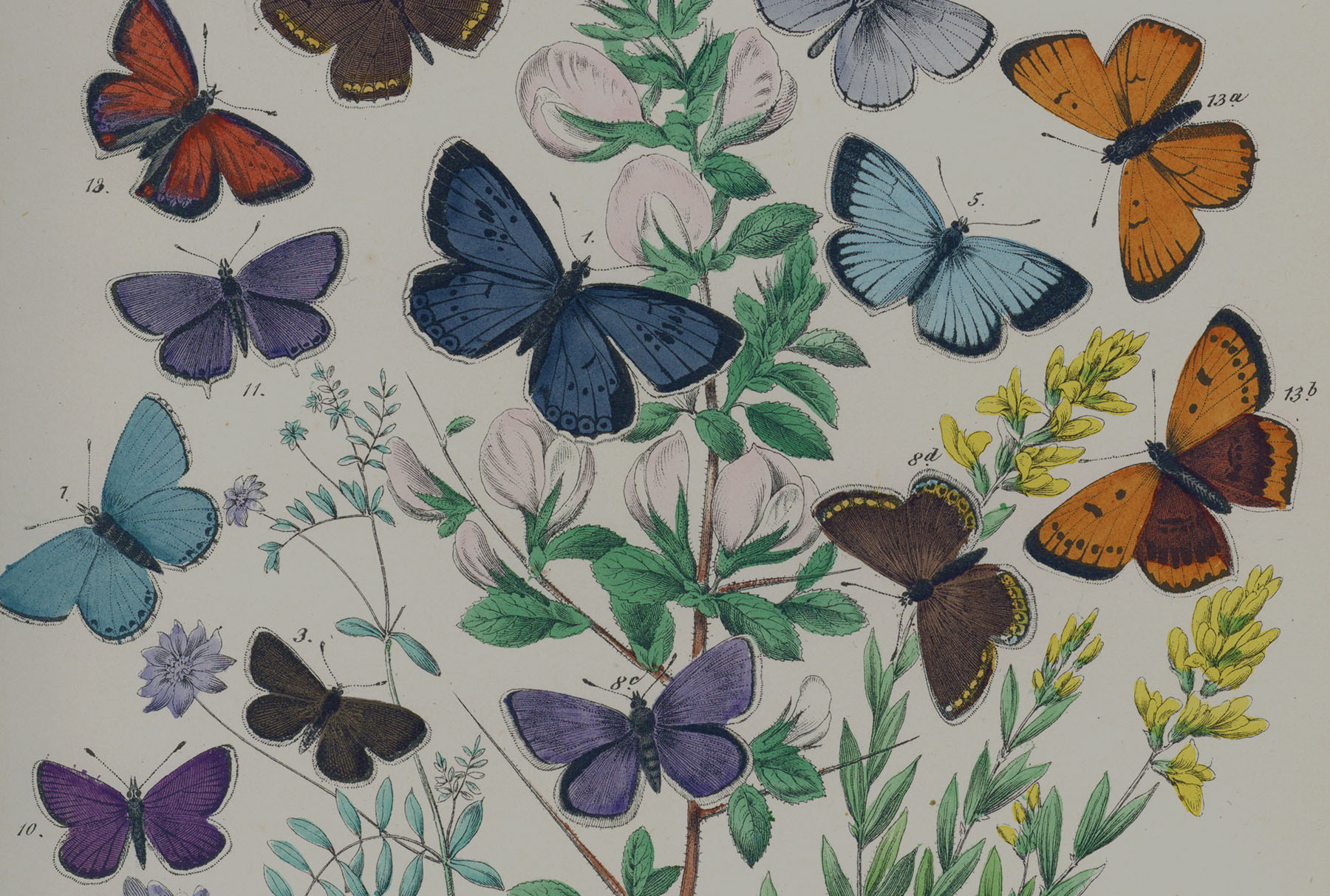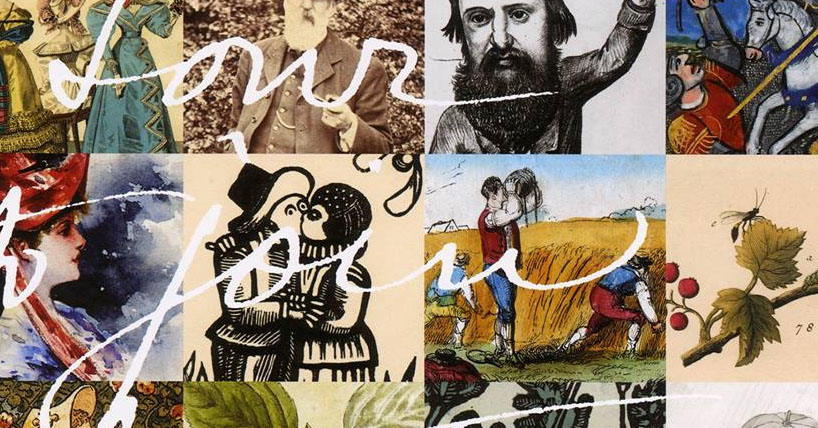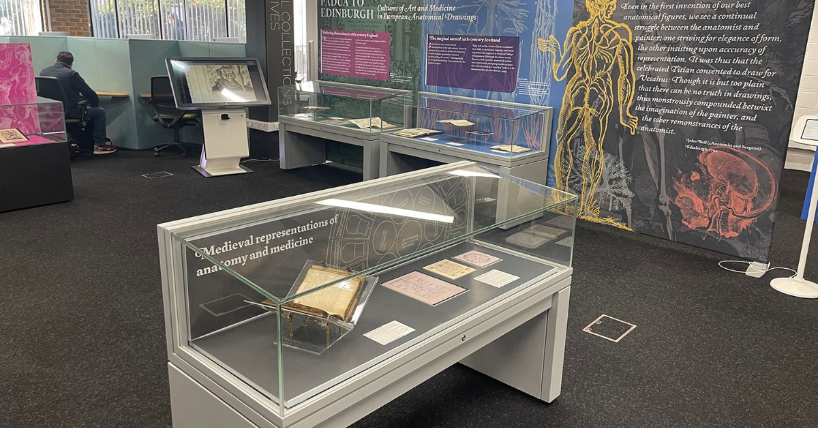Special For Everyone
Project to Address Equality, Diversity and Inclusion in Special Collections
Some of our Special Collections include material reflecting systemic discrimination and oppression based on race, disability, gender, sexuality, religion or belief, age, and social class. While they offer insight into historical and ongoing systems of inequality, they can also be uncomfortable or distressing - especially to people from communities that have been marginalised or targeted. We acknowledge the lasting impact of these injustices and are committed to handling such material in our collections with care, transparency, and respect.
At the same time, the attitudes and beliefs of those who controlled the recording and collecting of history have shaped what is preserved in - and what is excluded from - archives and historical records. This has led, at times, to erasure, distortion, and marginalisation of the voices and experiences of many ethnic communities as well as those marginalised by gender, sexuality, disability, class, and belief. In particular, the recording of European history often reflects colonial ideologies that upheld white supremacy and imperial dominance. We recognise these absences and silences, and we are committed to addressing them.
In support of Newcastle University’s Equality, Diversity and Inclusion Strategy, and in line with the RLUK Special Collections and Heritage Network’s Equity, Diversity and Inclusion Statement, our Special for Everyone project aims to address overlooked and marginalised groups within the collections through reflection and increased transparency around what our collections are and their origins, and to address the presence of problematic material so that Special Collections is a welcoming and inclusive space for all.

Inclusive Collection Development
- Mapping research and teaching at Newcastle University to ensure our Collection Development Policy supports programmes around equality and diversity.
- Prioritising the cataloguing of collections currently not publicised where they are of relevance to minority or marginalised histories.
Visibility in Collections
- Auditing our 200+ collections to identify those with relevance to minority and marginalised groups, including where these links are unclear or obscured by more traditional, celebratory or colonial narratives.
- Revising our collection practices, and amending descriptions and signposting, including adding content warnings to collection profiles highlighting problematic content.
- Improving index terms by adding original place names and personal names to catalogues where they are absent or only contain colonial names.
- Removing any offensive and outdated wording and terminology which may still exist in legacy catalogue descriptions given our hundred-year history of curating collections.
- Creating new and engaging digital content illuminating previously obscured voices and narratives in our collections.
Diversifying the Curriculum
- Reaching out to academics involved in diversifying and decolonising the curriculum, flagging potential sessions and opportunities for using our collections.
- Identifying how our work can support and supply evidence to the work of the University to ensure our Race Equality Charter mark.
Student Engagement
- Working with representatives from our student body to outline the scope of our collections, aims and planned deliverables.
- Exploring ways of broadening student co-curation, creating a dedicated online feature for showcasing student-curated outputs, including where students highlight divisive figures and themes from our collections.
Institutional Memory
- We will use the University Archive, reflecting the history of Newcastle University itself, to support contextualisation on campus through interpretation panels of key historic figures.
- Researching historic links between EDI and Newcastle University within the University Archives, sharing these findings through blog posts and online exhibitions.



